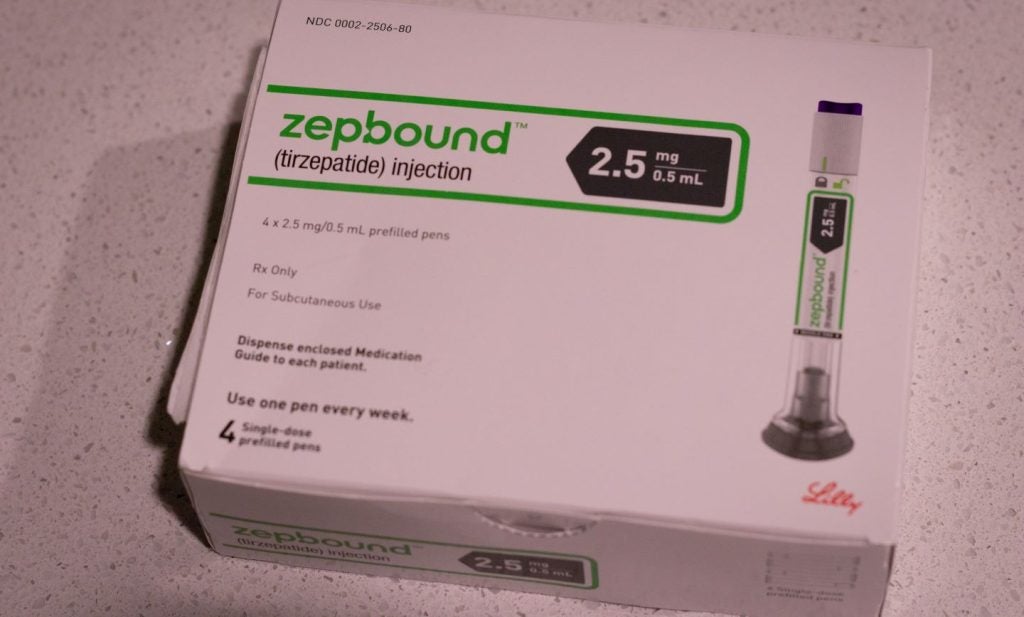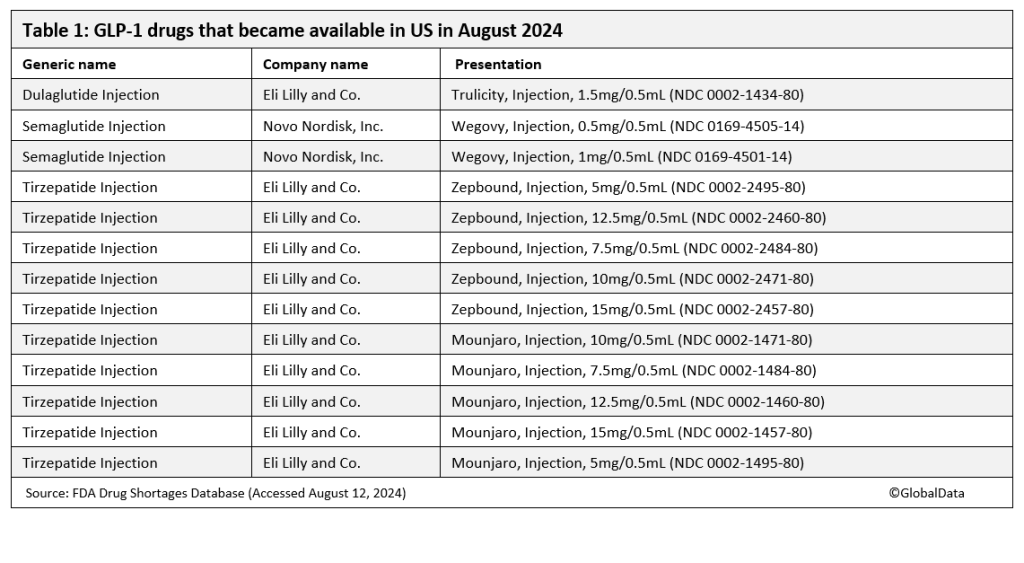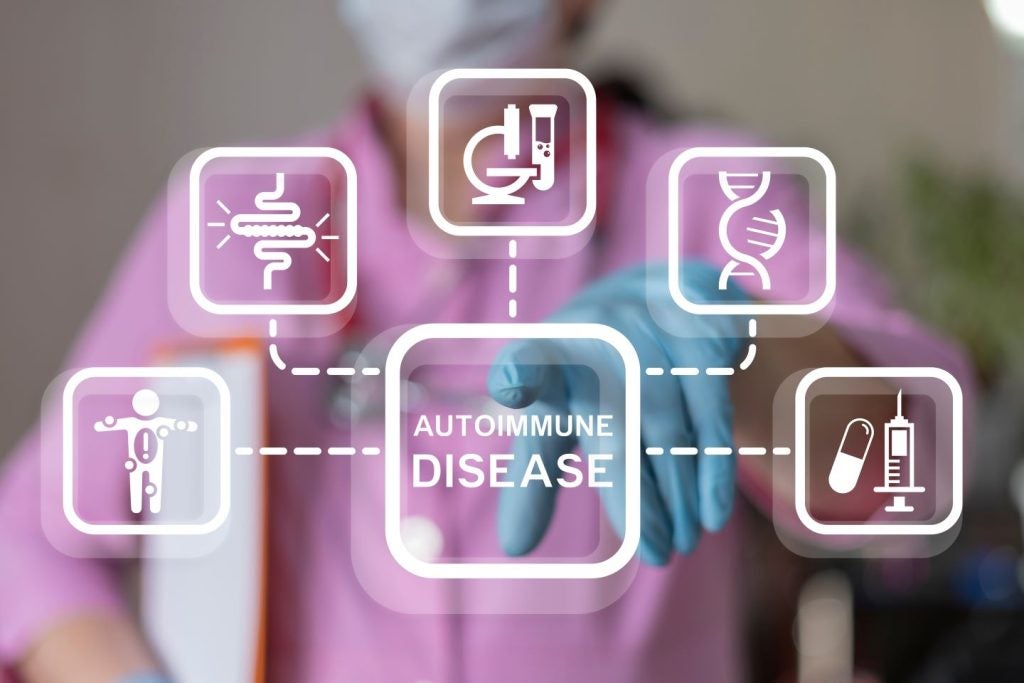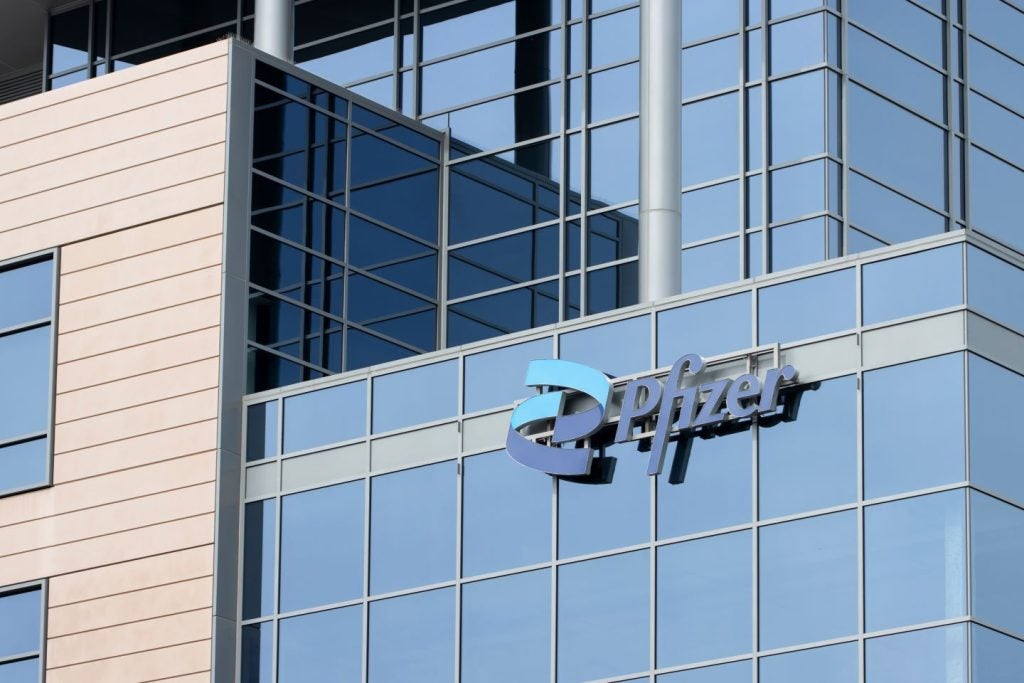The move to digitalise supply chains is not a new development in the pharmaceutical industry. What has changed is the urgency with which decision makers are rolling it out. A survey of leading C-suite executives across the sector, conducted by GlobalData at the end of 2023, found that 89% of respondents were implementing or developing a digital transformation strategy. This marks a 10% year-on-year increase. 71% reported that the Covid-19 pandemic, and frailties it revealed in their business-as-usual approach, had catalysed the switch up in their strategies.[1]
Supply chains are in the spotlight. GlobalData’s report suggests that operations enablement was one of the key priorities in digital transformation initiatives sweeping the pharmaceutical world. With sourcing of raw materials, labour and lab space a trans-continental operation, committing more business operations to the digital sphere is an obvious way to turbocharge efficiency. And doing so can safeguard against the uncertainty of manual processes that lockdowns and other Covid-related restrictions revealed.
But some are still holding back. For executives with decades of industry experience, moving away from manual processes towards fully automated ones feels fraught with difficulty. And digitalisation projects are undoubtedly a huge undertaking, forcing all stakeholders to come to terms with new processes. But the benefits of embarking on such a transition extend beyond the immediate boost to efficiency. New platforms are making the process far smoother than conservatives may have previously thought possible.
The broader benefits of digitalising
The pharmaceutical industry is grappling with evolving challenges, like rising costs, and opportunities, like the revolutionary potential of mRNA and gene therapies. Operational efficiency is one clear and uncontroversial benefit of supply chain digitalisation – but it can offer stability and insurance in a changing world through myriad other routes.
Start with cybersecurity. In a recent survey conducted by GlobalData, digital privacy and data security topped the list of concerns among pharmaceutical industry leaders for the fifth consecutive year. Cyber threats are scary for businesses of all sizes, but combatting them could be a way of standing out. Forward-thinking leaders are weaving cyber strategies into their digital transformation efforts by incorporating the latest technology platforms with the tightest security protocols: this goes for supply chains as much as any other part of a business. In doing so they are shoring up their firms against threats in the short-term, while proving their capabilities in handling ever-expanding reams of customer data – thus casting themselves as trusted chaperones of the pharmaceutical industry’s expansion.
Groundbreaking therapies like mRNA, cell and gene treatments also represent a significant area of opportunity. Supply chains must evolve to accommodate the unique requirements of these novel therapies, driving a surge in the popularity of cold-chain and real-time monitoring techniques. GlobalData’s 2023 Looking Ahead report forecasts a remarkable 39% growth in biologics therapies, surpassing the anticipated 24% growth in total drug sales by 2028.[2] As these therapies become part of the pharmaceutical landscape, demand for advanced logistical and supply chain technology – including digitally-enabled packaging and state-of-the-art remote monitoring devices – will grow. Onboarding them now offers firms the chance to stake a claim in the therapies of the future.
Sustainability remains a top priority in the pharmaceutical world: the sector struggles with higher greenhouse gas emissions per dollar of revenue than even the automotive sector. According to a GlobalData survey, 37% of B2B business decision makers cite a lack of investment in expertise and technology as a hurdle to achieving a green supply chain.[3] Digitalisation offers a bridge between rhetoric and action. By demonstrating where hold-ups and wastage exist in supply chains, they provide businesses with the tools to make good on their environmental pledges – as well as saving money. The demands of the climate transition aren’t going anywhere: supply chain digitalisation could be a huge help.
This links to another benefit of digitalisation: real-time visibility. Only with real-time visibility can you know where your products are and know their condition, so that you can safeguard your supply chain and intervene if something happens. Real-time visibility is also necessary for unlocking a lot of the automation that digitalisation enables. For pharma supply chain leaders, automated processes greatly simplify their lives, bringing in ways to manage the supply chain more effectively so they can focus on the exceptions rather than on their day-to-day operations.
Supply chain platforms that can monitor performance in real time offer meticulous tracking of shipments. Live and predictive analytics facilitate data-driven decision-making, making decentralisation smooth and straightforward.
Controlant is an expert in supply chain optimisation for pharmaceutical firms and has pioneered real-time visibility solutions for the pharmaceutical sector. Its platform, IoT devices, and monitoring services provide the building blocks of advanced digitalisation and real-time visibility.
What the right platform can do for you
Controlant’s Aurora Platform provides real-time tracking, critical analytics, and cost-reducing operational services, processing critical data throughout a shipment’s journey. This provides unprecedented oversight across the whole supply chain and creates opportunities to find efficiencies that haven’t been possible until recently. For example, allowing shipments with no temperature excursions to be cleared for release automatically.
Product release for pharma comprises one release when the product is being distributed and a second release when it arrives at receiving sites. Controlant’s zero-touch release feature automates the process so that only a few cases need to be handled manually. This has a huge impact on efficiency. When excursions are detected, the details are sent to operators immediately – enabling prompt decision-making from anywhere in the world. The company has seen the zero-touch release ratio reach an impressive 99.5%, with just 0.5% of shipments requiring manual inspection. In terms of cost savings, this feature has been shown to deliver a tenfold return on investment.
As noted above, the growing proportion of pharma C-suite executives stating that they are implementing or developing a digital transformation strategy has grown to 89%. One key reservation that may remain for the 11% of pharmaceutical firms who continue to eschew digital strategizing, is the time and effort involved in making the transition to begin with. An important factor in success here is having a real-time visibility provider that is always on hand to guide their partners through every step of the process. This is why working with industry leaders like Controlant is proving to be a game-changer.
Choosing an experienced partner like Controlant simplifies the challenges of navigating an ever-evolving supply chain landscape. The firm’s global reach means it can draw on regional experts to ensure its GxP-validated platform complies with local regulatory standards while maximising quality control. The platform's validation by eight of the world's top 20 pharmaceutical companies and six of the top 20 logistics providers underscores its effectiveness in automating reporting for audits and compliance purposes even among the most complex of organisations.
By automating critical processes, minimising manual inspections and providing real-time insights, Controlant’s platform proves indispensable in the pursuit of a streamlined pharmaceutical supply chain. And a key benefit of working with them is that firms needn’t embark on digitalisation alone – they have an experienced partner working with them to draw out every potential benefit. For more information, pharmaceutical professionals are encouraged to fill in their details and download the whitepaper on this page.
[1] GlobalData report, “Digital Transformation and Emerging Technologies in the Healthcare Industry 2023 Edition”, October 2023, page 16.
[2] GlobalData report, “Looking Ahead to 2023 – the Future of Pharma”, April 2023, page 35.
[3] GlobalData report, “Pharmaceutical Manufacturing ESG Survey –Towards a Sustainable Supply Chain,” November 2022, page 22.















